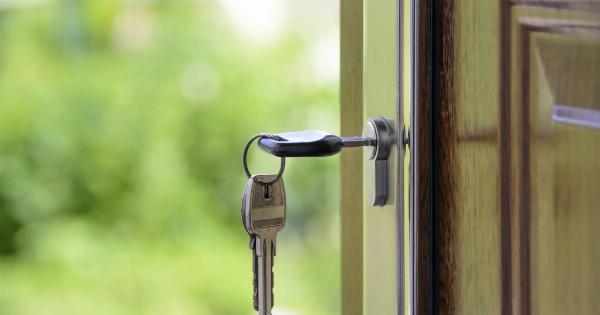Nocturia is a common medical condition that affects both men and women.
This condition is characterized by the need to urinate several times during the night, which can affect your quality of sleep and lead to fatigue, irritability and other negative effects on your wellbeing. If you’re struggling with nocturia, there are several habits that can help you manage this condition. In this article, we’ll explore these habits and explain how they can help you achieve better sleep and overall health.
1. Limit Fluid Intake Before Bed
One of the most effective ways to manage nocturia is to limit your fluid intake before bed. This can help reduce the volume of urine your body produces during the night, preventing the need to urinate as frequently.
To achieve this, try to avoid drinking water, tea, coffee, and other fluids for at least two hours before you go to bed. This will give your body enough time to process the fluids and reduce the need to urinate during the night.
2. Practice Kegel Exercises
Kegel exercises are a type of pelvic floor exercise that can help strengthen the muscles that control urination.
By doing these exercises regularly, you can improve your bladder control and reduce the number of times you need to urinate during the night. To do Kegel exercises, simply tighten your pelvic floor muscles as if you’re trying to stop urinating, hold for a few seconds, then relax. Repeat this process several times a day to strengthen your pelvic floor muscles and improve bladder control.
3. Use The Bathroom Before Bed
Another habit that can help you manage nocturia is to use the bathroom before bed. This can help empty your bladder and reduce the need to urinate during the night.
Try to make this a part of your bedtime routine, and don’t forget to use the bathroom even if you don’t feel the need to urinate. This will help train your bladder to hold urine for longer periods and reduce the need to urinate during the night.
4. Avoid Alcohol And Caffeine
Alcohol and caffeine are both diuretics, meaning they can increase urine production and worsen nocturia symptoms.
If you’re struggling with this condition, it’s best to avoid alcohol and caffeine, especially in the evening, as they can interfere with your sleeping patterns and worsen your symptoms. Instead, try to consume these substances earlier in the day, and limit your intake as much as possible to reduce your nocturia symptoms.
5. Monitor Your Medications
Some medications can worsen nocturia symptoms, especially diuretics, which increase urine production. If you’re taking any medications that may be contributing to your nocturia, talk to your doctor about alternative options.
In some cases, adjusting the time you take your medication or the dosage may reduce your symptoms and improve your sleep quality.
Conclusion
Nocturia is a common condition that can be managed with the right habits and lifestyle changes.
By limiting your fluid intake before bed, practicing Kegel exercises, using the bathroom before bed, avoiding alcohol and caffeine, and monitoring your medications, you can reduce your nocturia symptoms and improve your overall wellbeing. If you’re struggling with this condition, talk to your doctor about other treatment options that may be available.



























